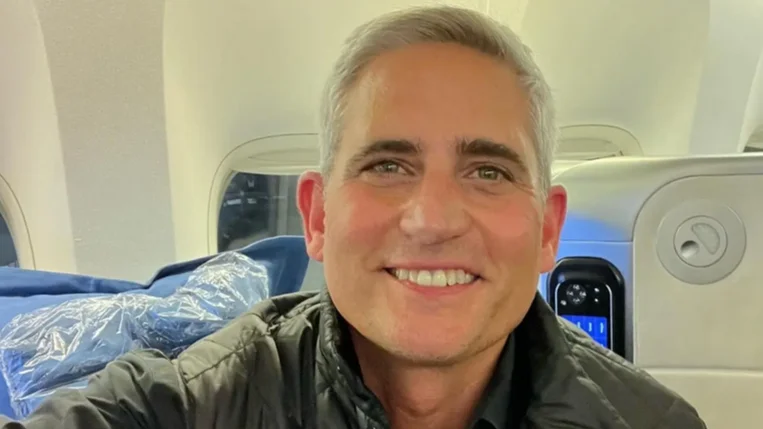For decades, private jet travel has symbolized luxury and exclusivity, yet the high costs and complexities of owning an entire aircraft have limited its practicality for many. Fractional private jet ownership emerged as a solution, offering a shared model that revolutionized access to private aviation.
Fractional ownership has democratized private jet travel by optimizing resources, providing a sustainable option within the industry. The concept began in the 1980s when private aviation was expensive and largely exclusive to high-net-worth individuals or corporations. Many jets were underutilized, used only 200 to 300 hours annually.
The idea of fractional jet ownership was formally introduced in 1986 by Richard Santulli with the founding of NetJets. "…is a win-win, providing the immediacy and luxury of whole aircraft ownership, with none of the operational complexities and hidden overhead," according to NetJets. Customers purchase shares in an aircraft, gaining access based on flight hours bought.
 Alerts Sign-up
Alerts Sign-up







